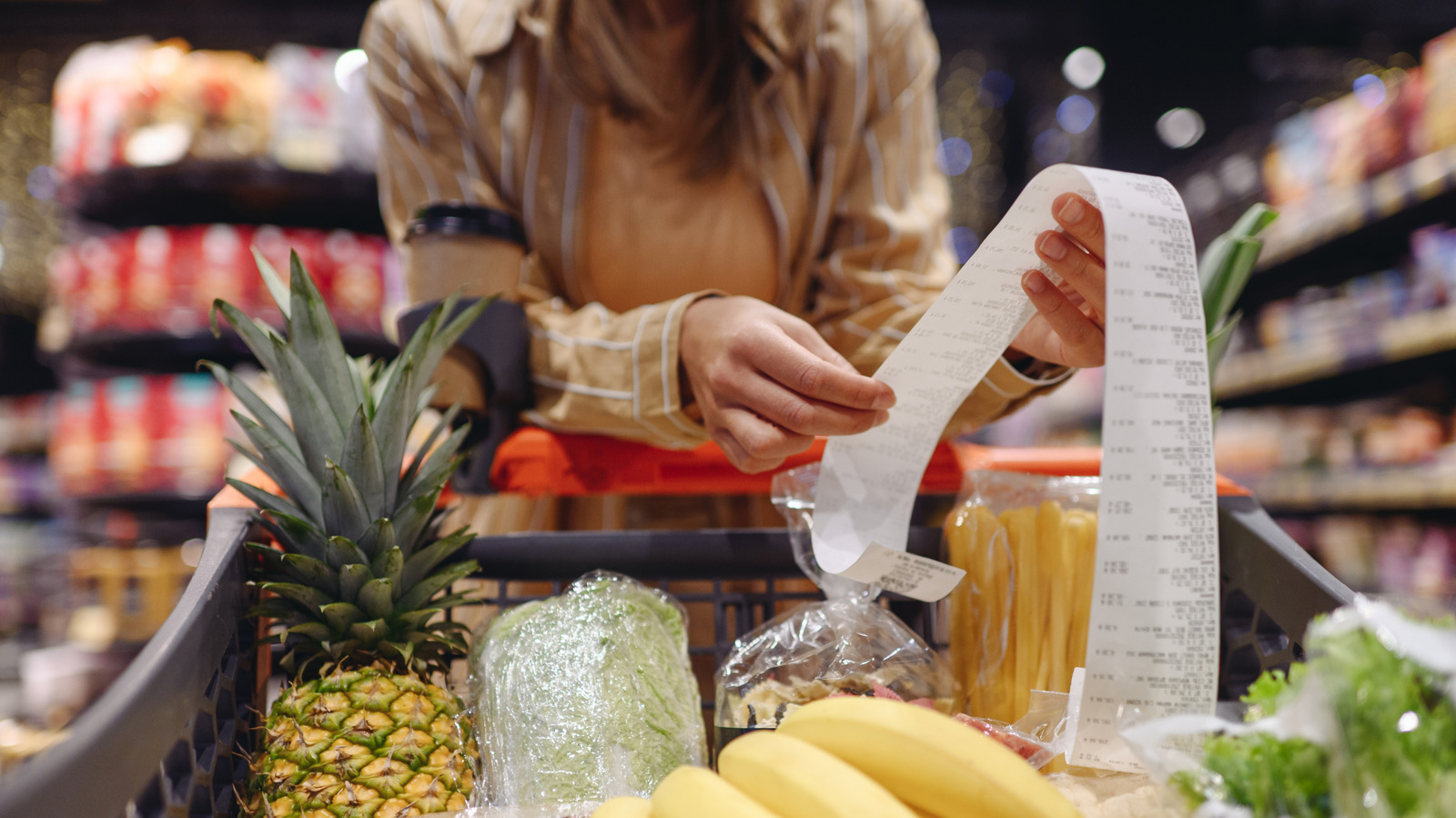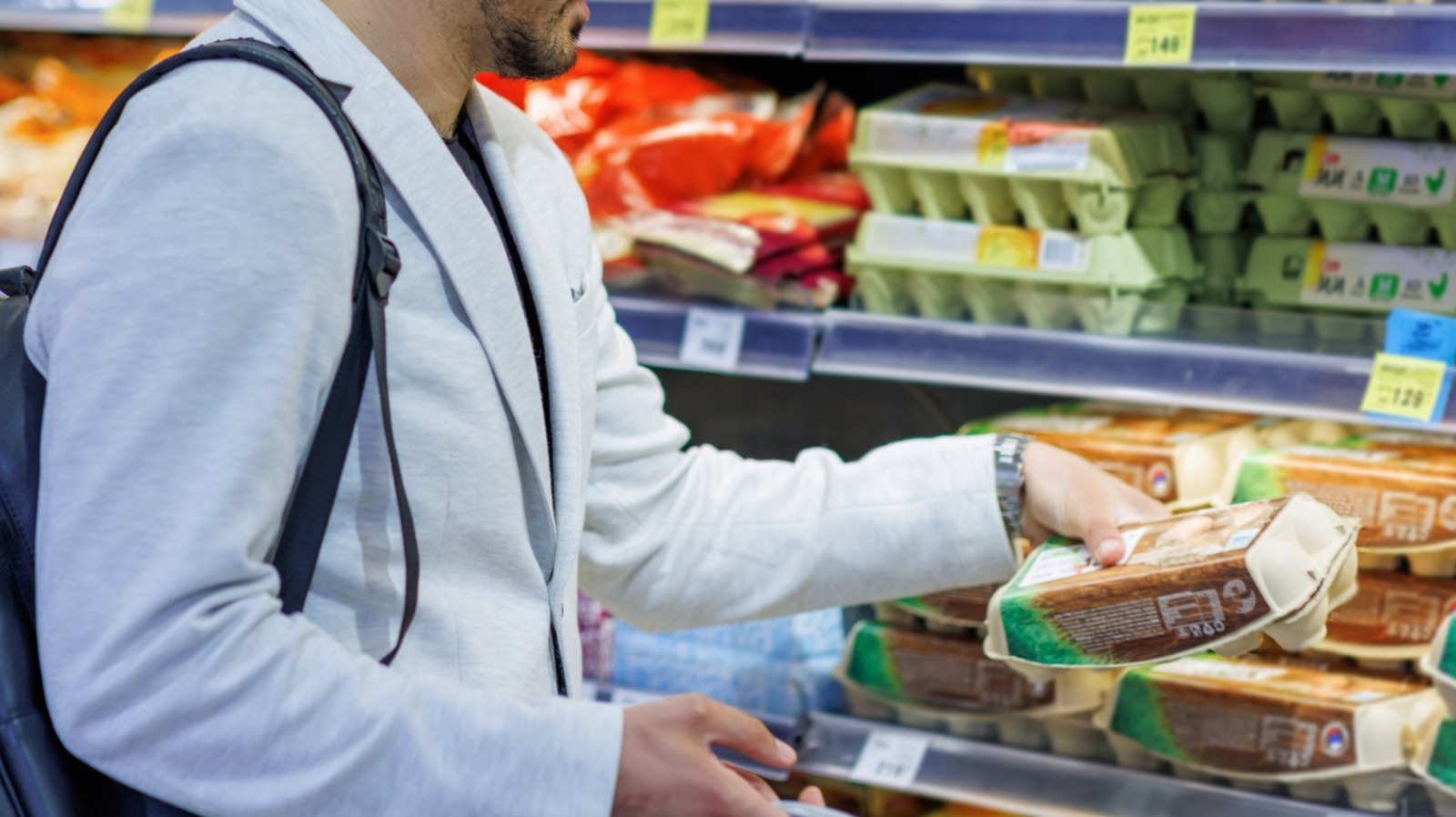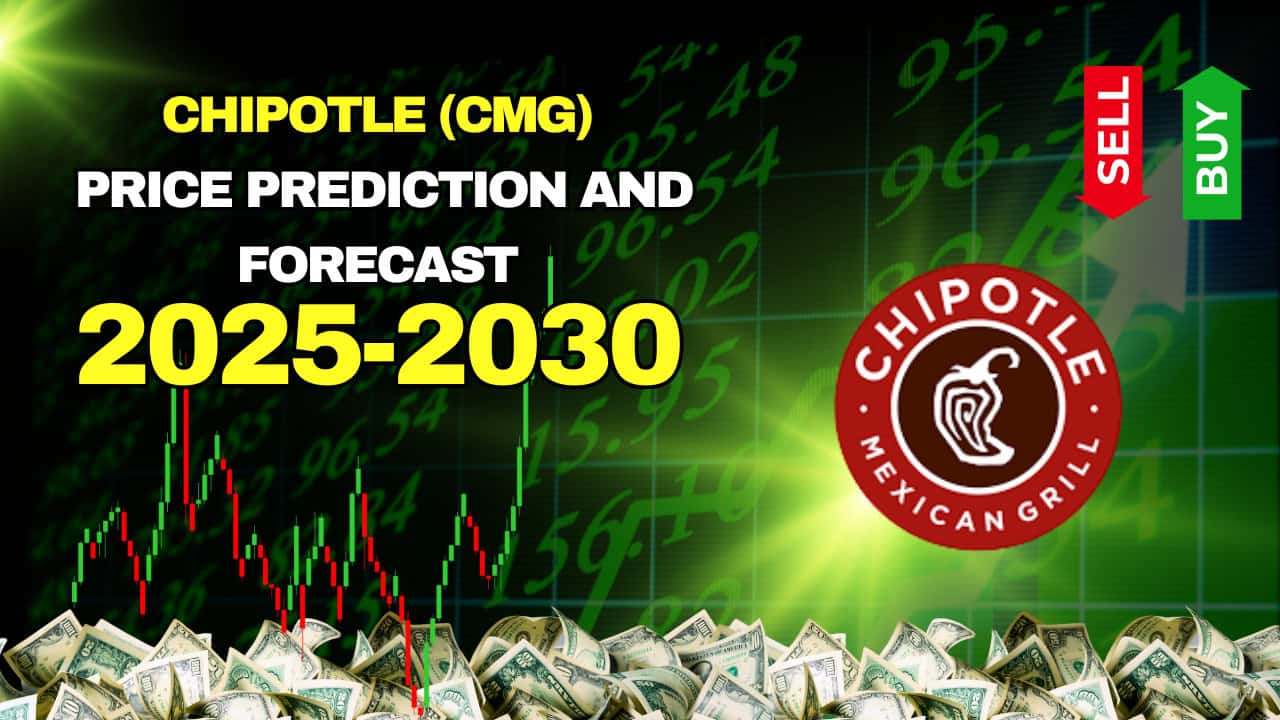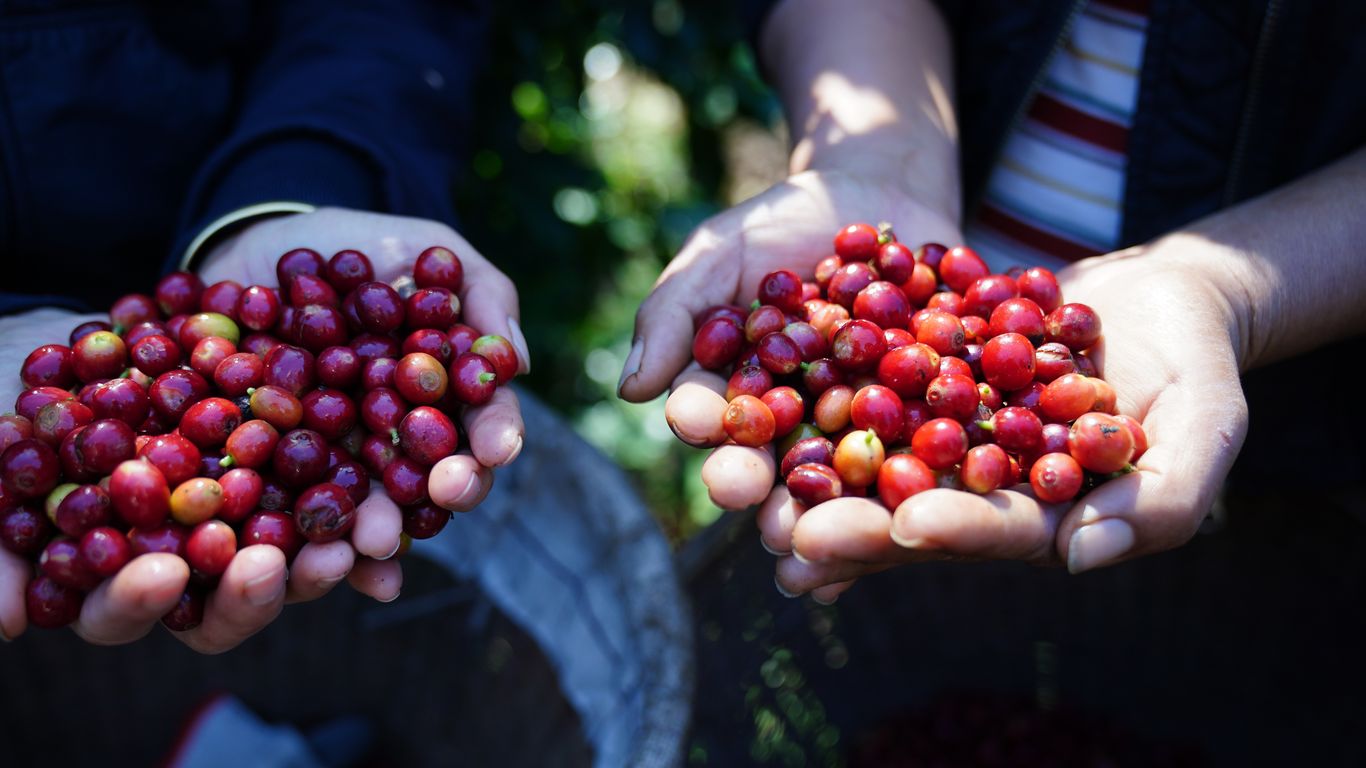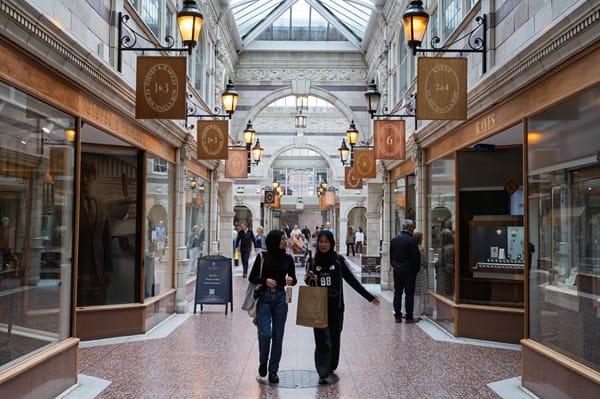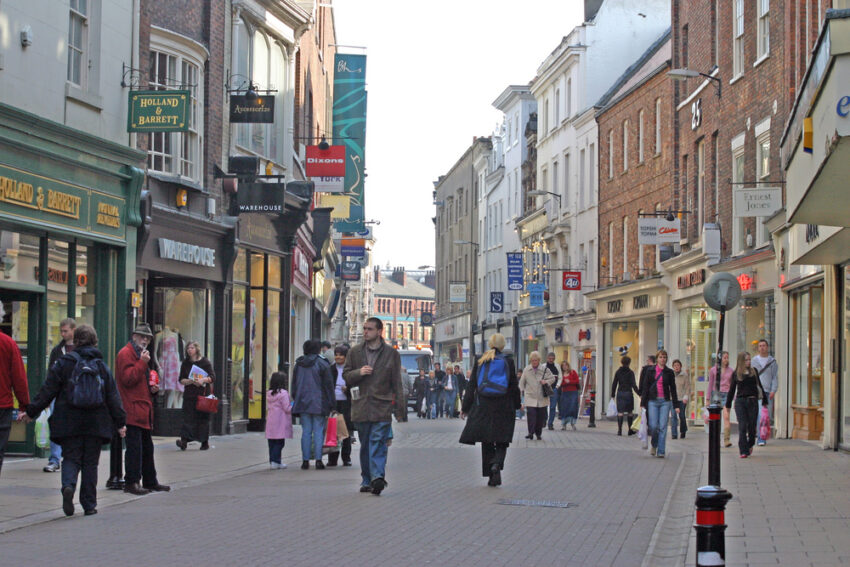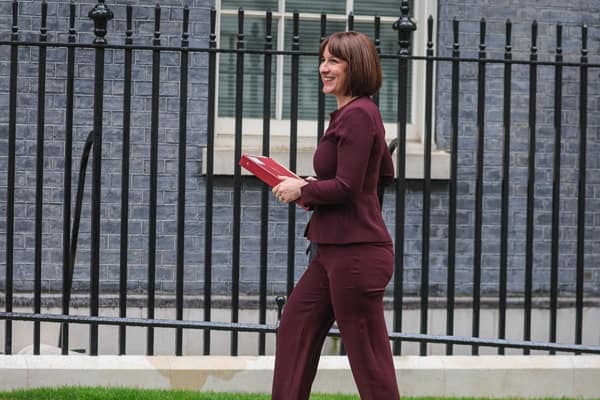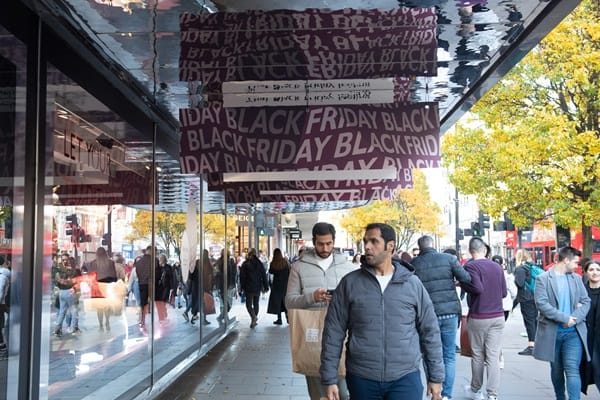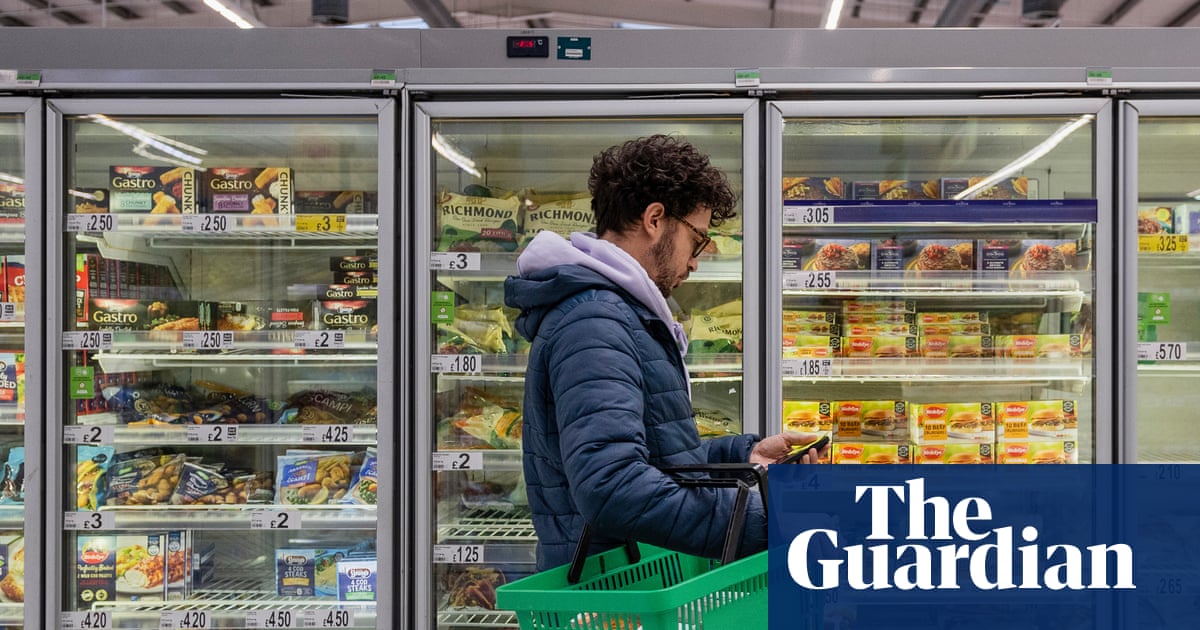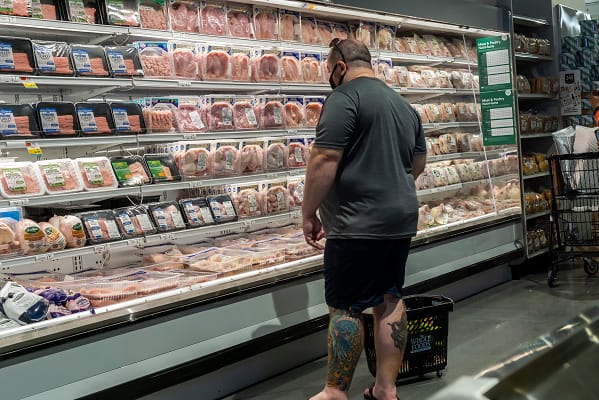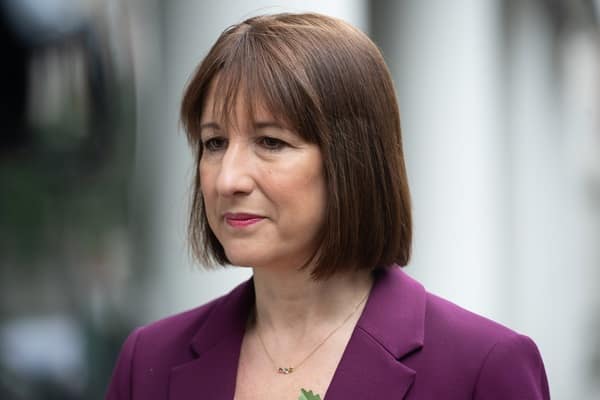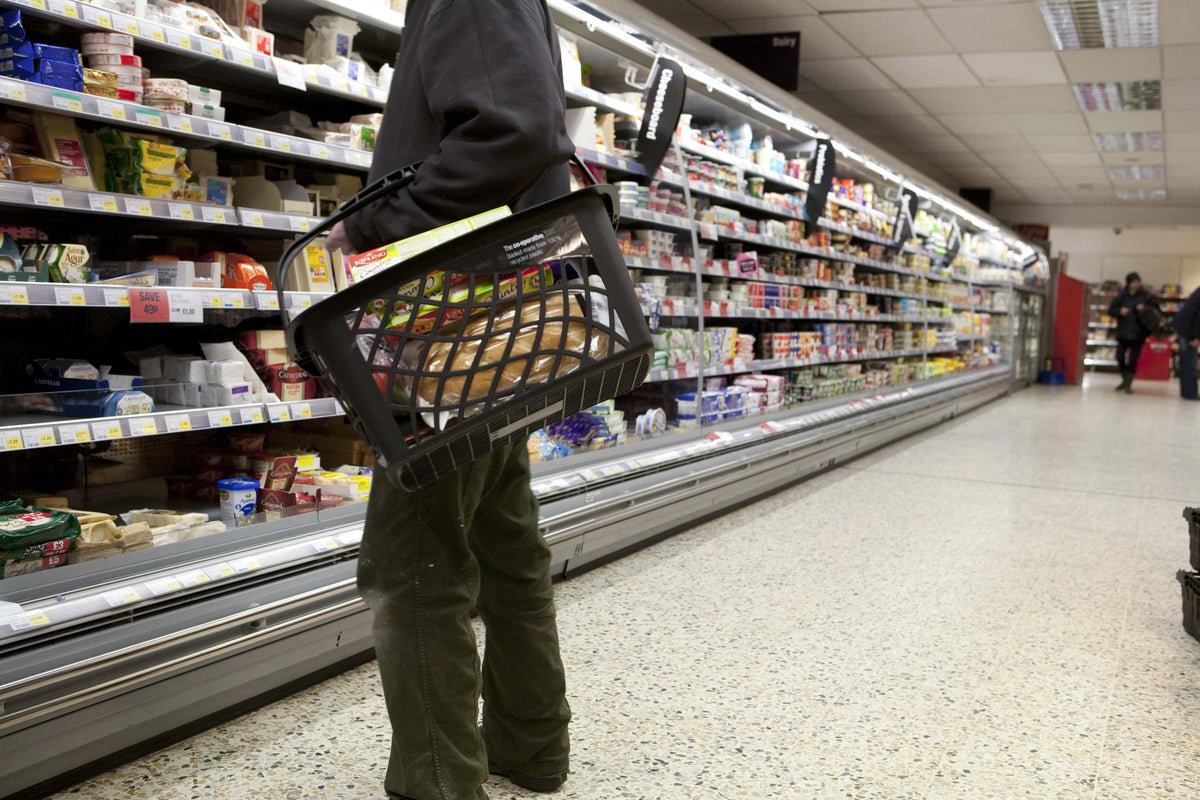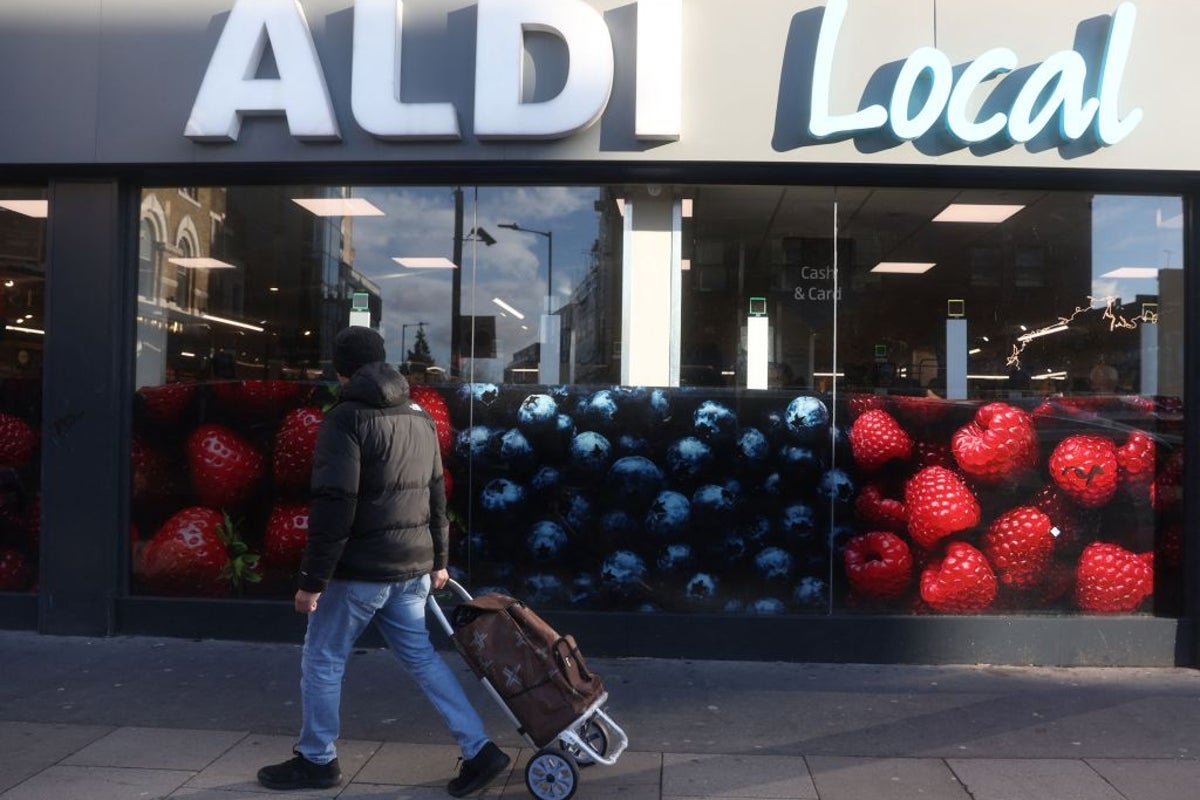#food-inflation
#food-inflation
[ follow ]
#grocery-prices #cost-of-living #uk-retail #tariffs #shop-price-inflation #business-rates #retail-costs
Miscellaneous
fromLondon Business News | Londonlovesbusiness.com
1 month agoOver half of OECD countries see slowdown of food inflation in November 2025 - London Business News | Londonlovesbusiness.com
OECD headline CPI inflation fell to 3.9% in November 2025, with food and core easing while energy inflation rose.
UK news
fromLondon Business News | Londonlovesbusiness.com
1 month agoDecember marks worst set of total monthly sales figures since November 2024 - London Business News | Londonlovesbusiness.com
Total discretionary retail sales fell 1.4% in December year‑on‑year, the weakest monthly performance since November 2024.
Food & drink
fromFortune
1 month agoPizza plummeted on the list of Americans' favorite take-out options as they opt for more nutrient-dense slop bowls from Uber Eats | Fortune
Pizzerias are losing market share and sales as Americans reduce pizza consumption amid inflation and GLP-1-driven diet changes, falling behind broader fast-food growth.
Food & drink
fromBusiness Insider
2 months agoWhatever the forecasts say, shoppers are treating this Thanksgiving like a budget holiday
Consumers prioritize affordability this Thanksgiving while restaurants and retailers offer bundled deals and steep discounts amid mixed reports on food-price changes and supply volatility.
fromBusiness Matters
2 months agoUK inflation falls to 3.6%, lowest level in four months, as Budget looms
The latest figures from the Office for National Statistics (ONS) show inflation slipping from 3.8% in September, though the fall was not as sharp as economists had forecast. The reduction strengthens hopes that price pressures have peaked and could pave the way for future interest rate cuts, even as inflation remains above the Bank of England's 2% target.
UK news
fromLondon Business News | Londonlovesbusiness.com
3 months agoBrits are cutting back on Christmas shopping amid Budget fears - London Business News | Londonlovesbusiness.com
Karen Betts, Chief Executive of the Food & Drink Federation (FDF) said there is a shift in shoppers habits as people are tightening their belts and are not continuing with their normal festive shopping habits. Betts told the i, "I think what we're seeing... is that where people are buying those items now, they tend to be within their same basket spend, so not as an add-on to a basket that they would otherwise have bought."
UK politics
fromTasting Table
3 months agoWhy This Retro Dinner Is Suddenly Trending In Kitchens Again - Tasting Table
The 20th century was full of unique dinners that once ruled home kitchens, only to be discarded into the compost pile of history. Ham-wrapped bananas and Jell-O salads have certainly rightfully "earned" their place as retro dishes we're glad disappeared, but some old dishes really did have positive attributes. In fact, some of these dishes have since been remembered through a nostalgic haze, with the hottest retro dish in the country currently being Hamburger Helper.
Food & drink
fromwww.thelocal.de
3 months agoRising prices hit Christmas treats in Germany
If you've set foot in a supermarket in Germany in the past couple of weeks, you'll have seen shelves stacked with Christmas sweets and seasonal treats like chocolate Santa Clauses and packets of gingerbread cookies (Lebkuchen) in various shapes and sizes. In Germany, these seasonal foods tend to hit shelves well ahead of the advent, often even before Halloween, to give shoppers plenty of time to stock up ahead of the holiday festivities.
Germany news
Food & drink
fromTasting Table
3 months agoThese Old-School Grocery Staples Are Popular Again Thanks To Inflation - Tasting Table
Rising grocery prices have renewed interest in affordable, long‑lasting pantry staples and overlooked foods, prompting consumers to choose budget-friendly options over premium items.
fromwww.theguardian.com
3 months agoDining out under pressure' as Britons cut back due to price rises, says YouGov
More than half of British diners say rising prices are the main reason they are eating out less, according to YouGov data showing that overall 38% of people are visiting restaurants and other eateries less often than a year ago. Among those cutting back, 63% cite higher costs as the main reason to dine out less frequently, according to the poll.
Food & drink
fromLondon Business News | Londonlovesbusiness.com
3 months agoUK inflation holds at 3.8% for the third consecutive month - London Business News | Londonlovesbusiness.com
Headline CPI inflation held at 3.8% in September, a pace unchanged since July, in line with Cebr's forecasts. Overall, the picture for UK households is mixed. Food inflation slowed for the first time since March, from 5.1% to 4.5%, but prices for electricity, gas, and other fuels continued to rise, accelerating to 9.4% in September. Divergent price pressures place the Bank of England at a crossroads.
UK politics
fromLondon Business News | Londonlovesbusiness.com
4 months agoPackaging tax to push up prices for consumers - London Business News | Londonlovesbusiness.com
Following last year's Budget, where retailers were hit with £5 billion in extra employment costs due to higher employer National Insurance and rising National Living Wages, the industry has been left with little room to absorb additional costs. With EPR set to cost industry billions, this new tax will be yet another inflationary pressure, at a time when food prices are already rising fast, with The Bank of England estimating that the policy alone will add 0.5% to food inflation.
UK politics
Food & drink
fromLos Angeles Times
4 months agoHigh-end butter is the latest 'little luxury' Californians can't give up despite economic uncertainty
Affluent consumers are buying super-premium butter at high prices, driving double-digit growth for premium brands while mainstream butter loses market share.
UK news
fromLondon Business News | Londonlovesbusiness.com
5 months agoHeadline inflation holds steady in August, as Bank of England struggles to meet target - London Business News | Londonlovesbusiness.com
Headline CPI was 3.8% in August; worsening underlying momentum and rising food inflation are likely to prevent an immediate Bank of England rate cut.
Agriculture
fromwww.theguardian.com
5 months agoUK overall inflation remains at 3.8% in August, but food price growth climbs for fifth month in a row - business live
Climate-change-driven extreme weather reduced UK harvests and pushed food price inflation higher, creating systemic risks beyond monetary policy control.
Food & drink
fromLondon Business News | Londonlovesbusiness.com
5 months agoBreakfast menu prices are likely to see the biggest increase from food inflation - London Business News | Londonlovesbusiness.com
Food and non-alcoholic beverage inflation reached 4.9%, highest since last February, threatening hospitality margins—particularly breakfast, brunch and afternoon-tea items—due to rising meat and condiment costs.
fromLondon Business News | Londonlovesbusiness.com
5 months agoFood inflation soars to an 18 month high - London Business News | Londonlovesbusiness.com
According to the British Retail Consortium (BRC)-NIQ Shop Price Monitor, food prices have soared to their highest pace in 18-months as the price of eggs, butter and chocolate surges, this is the highest seen since February 2024. The rapid acceleration in price hikes will "add pressure" to households who are already struggling to make ends meet. In the month food inflation jumped to 4.1% as dairy prices are rising which is up from 3.2% in July.
Miscellaneous
Europe news
fromwww.theguardian.com
8 months agoTesla sales halve in Europe; markets welcome US delay to EU 50% tariffs business live
Bond prices in Europe are rising, leading to lower government borrowing costs.
The UK government is shifting toward shorter-term borrowing to ease financial pressure.
UK share prices are increasing after positive trade news from the US.
Food inflation in the UK has consistently risen for four months.
[ Load more ]
